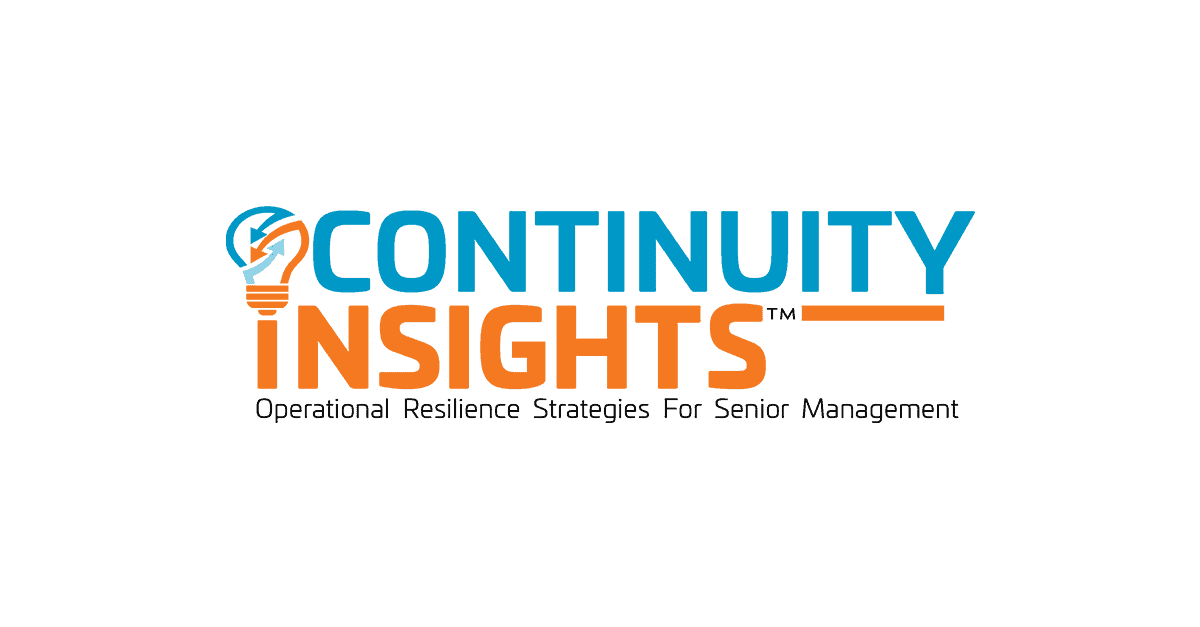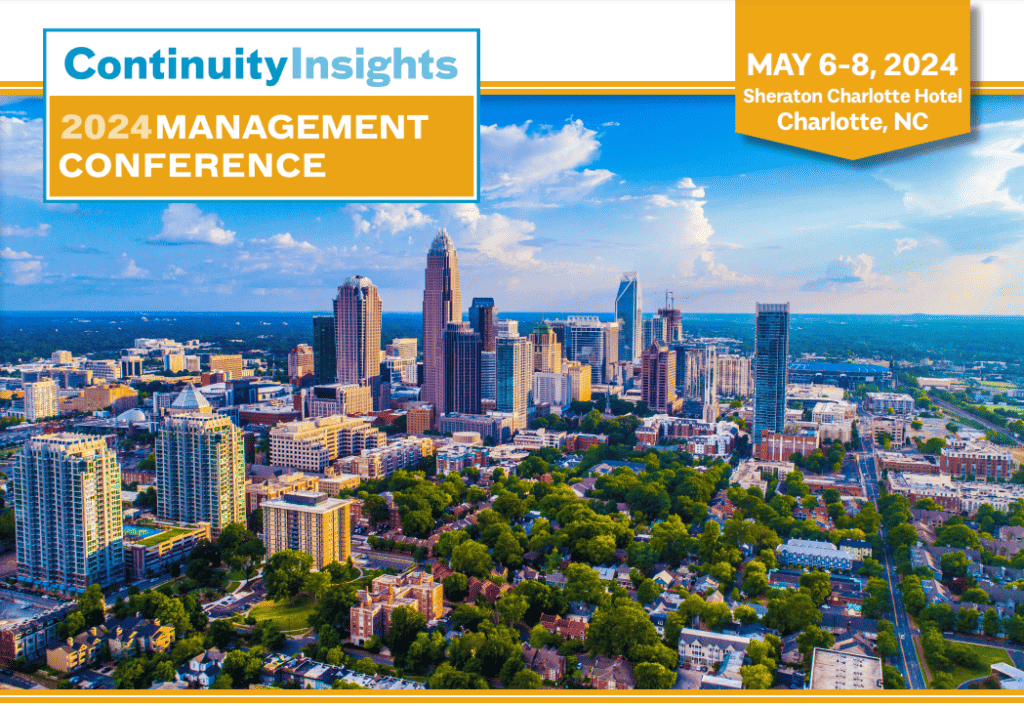Top Stories
Listen Now: Decision-Making During A Crisis

Robert C. Chandler, Ph.D, Founder and Principal of Emperiria discusses his research on adaptive decision-making in this podcast.
ASIS Introduces Security Risk Assessment Standard

The ASIS standard has been revised and designed to revolutionize how organizations assess and manage security risks.
Report Warns Of Need to Bolster Defenses Against Public Sector Attacks

Government agencies, officials need to increase cybersecurity measures, enhance election integrity safeguards, and collaborate with cybersecurity experts to mitigate threats, warns new CyberCube report.
Need To Move From Risk Prevention To Resilience Management Is Urgent

2024 OnSolve Global Risk Impact Report highlights unanticipated impacts of physical threats, urgent need for organizations to shift from risk prevention to resilience management.
Performance Under Pressure: Will Employees Remember How To Respond To Violence?

It’s critical that workplace violence prevention and active assailant response plans are aligned with the behavioral realities of performance under pressure.
IT Leaders: Having The Data Lifecycle On One Platform Is Critical

A global survey found that 90% of IT Leaders agree that unifying the data lifecycle on a single platform is critical for analytics and AI.


